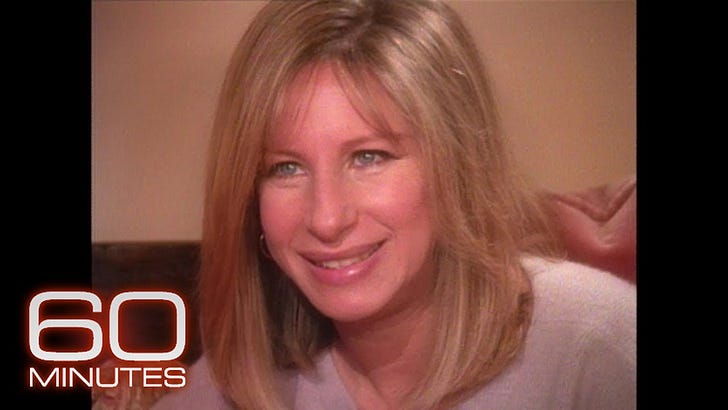The other night, I watched The Many Lives of Martha Stewart (Max), directed by Kinga Janik. Most of the time I was thinking, What great hair you have, Martha. The thick, blond slabs of it look pretty good, even when she's in jail.
I like the Martha we see in the doc because she laughs at herself, and she can't control it. She is almost always on the verg…
Keep reading with a 7-day free trial
Subscribe to Everything is Personal to keep reading this post and get 7 days of free access to the full post archives.




